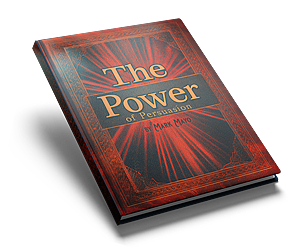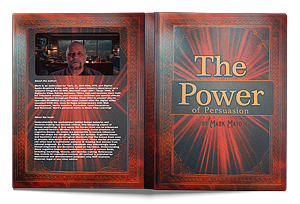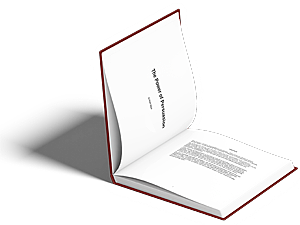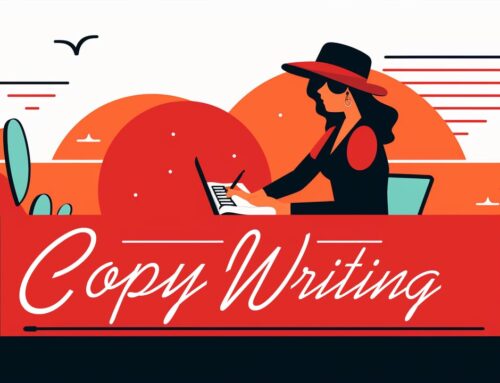The Top 10 Must-Read Books for Content Writers
As a content writer, your most significant resources are your imagination, vocabulary, and understanding of your audience. However, enhancing these skills requires continuous learning and practice, and reading about the craft can be an effective way of doing so. The tools that a content writer wields most effectively are their creativity, linguistic skills, and grasp of their readers’ perspectives. To sharpen these tools and nurture these skills, perpetual learning and constant honing are indispensable. One of the most rewarding ways to accomplish this is by delving into literature that dissects and elaborates on the art of writing itself. The following is a carefully curated list of ten exceptional books, each of which offers invaluable insights, practical tips, and rich wisdom on content writing. These books are not just recommended reads; they are vital companions for anyone involved in the world of content creation. Each offers unique lessons that can transform the way you approach writing, and ultimately, help you create content that truly engages your audience and resonates with them.
1. “Everybody Writes: Your Go-To Guide to Creating Ridiculously Good Content” by Ann Handley
Handley’s book is a modern classic in the content writing field. It provides practical advice on writing great content, with an emphasis on creating engaging and compelling online content. This book offers an easily understandable yet insightful perspective on content creation that has been lauded by both professionals and beginners.
2. “Content Rules: How to Create Killer Blogs, Podcasts, Videos, Ebooks, Webinars (and More) That Engage Customers and Ignite Your Business” by Ann Handley and C.C. Chapman
As another one of Handley’s masterpieces, this book, co-authored with C.C. Chapman, covers a wide variety of content types. It is an excellent guide for writers looking to expand their repertoire beyond traditional blog posts and articles. The book offers a comprehensive overview of how to create powerful content that resonates with audiences.
3. “On Writing Well: The Classic Guide to Writing Nonfiction” by William Zinsser
This book is a timeless guide that offers valuable insights into the art of writing. Although it primarily focuses on nonfiction, its principles can apply to all kinds of content writing. Zinsser’s approach is candid and practical, making it an essential read for any writer.
4. “Made to Stick: Why Some Ideas Survive and Others Die” by Chip Heath and Dan Heath
A seminal book about crafting ideas that are memorable, understandable, and effective in changing thought or behavior. “Made to Stick” is a must-read for content writers seeking to make an impact with their writing. It dives into the qualities that make an idea or story ‘sticky’ and provides practical techniques for creating compelling content.
5. “The Copywriter’s Handbook: A Step-By-Step Guide To Writing Copy That Sells” by Robert Bly
Although written from the perspective of copywriting, this book is invaluable for any content writer. It explores the nuances of persuasive writing and provides numerous examples and exercises for writers at all stages of their careers.
6. “Bird by Bird: Some Instructions on Writing and Life” by Anne Lamott
This book is both a writing guide and a reflection on the writer’s life. Lamott’s empathetic and funny prose offers insight into the struggles and triumphs of being a writer, with helpful tips for overcoming writer’s block, developing characters, and honing one’s voice.
7. “The Elements of Style” by William Strunk Jr. and E.B. White
A staple in the writer’s library, “The Elements of Style” offers timeless advice on clarity, brevity, and simplicity. Despite its small size, it’s packed with valuable tips on grammar, usage, and composition.
8. “The Art of SEO: Mastering Search Engine Optimization” by Eric Enge, Stephan Spencer, and Jessie Stricchiola
This comprehensive guide to SEO is crucial for content writers in the digital age. While not strictly about writing, understanding SEO is essential to creating content that is discoverable and effective in the online sphere.
9. “Writing Tools: 55 Essential Strategies for Every Writer” by Roy Peter Clark
Clark’s book is a toolbox for writers, packed with tips and strategies to improve your writing. It offers practical advice on a range of topics from sentence structure to storytelling techniques.
10. “Letting Go of the Words: Writing Web Content that Works” by Janice (Ginny) Redish
Redish’s book offers a deep dive into writing for the web. It’s a comprehensive guide for anyone who wants to write website content that is easy to understand, navigate, and read. The book contains insightful tips for web-specific content like navigation, home pages, and more.
These 10 books, written by authors who are thought leaders in their respective areas, provide a wide range of viewpoints, ensuring that every aspect of content writing is covered.
For beginners in the field, the learning curve can seem steep. However, these books present information in an easily digestible manner, breaking down complex concepts into understandable segments. For instance, “The Elements of Style” by Strunk and White can be a primer to understanding essential grammar and composition rules. On the other hand, “Everybody Writes” by Ann Handley provides actionable tips on crafting engaging digital content that resonates with readers.
For seasoned professionals, there’s always more to learn and areas to improve. Books like “Made to Stick” by Chip and Dan Heath can introduce new methods of making your content unforgettable, while “The Art of SEO” can help you optimize your writing for search engines, thereby increasing its reach. Even “The Copywriter’s Handbook” by Robert Bly, though seemingly more beneficial to copywriters, provides invaluable insights into persuasive writing, a skill every content writer can use to improve their craft.
Each of these books goes beyond the basics and explores the depths of content creation, from understanding the psychological aspects of writing that grabs attention to mastering the technical aspects of SEO. They also shed light on the craft of writing itself, dissecting the process, exploring the creative nuances, and providing practical tools to help you navigate the intricacies of writing.
Additionally, they address challenges specific to content writers, such as creating compelling web-specific content as discussed in “Letting Go of the Words” by Janice Redish or crafting killer blogs and podcasts as explained in “Content Rules” by Handley and Chapman.
The wealth of knowledge these books provide is immense and, when applied, can significantly elevate the quality of your content. They will enable you to understand your audience better, craft content that speaks directly to them, and ultimately succeed in the rapidly evolving world of content writing. These resources, when used effectively, will help transform your writing from good to great, and from great to extraordinary.











Leave A Comment